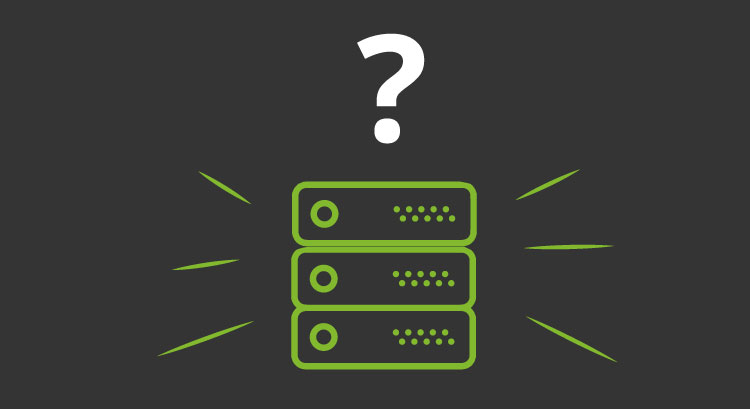How to choose servers for your company
You’ve been thinking all morning. You keep wondering how to choose servers for your company. All right, think the answer will be almost always: What do you need them for?
And the choice of servers will depend on the functions that they will fulfill, and these are also likely to be related to the size of your company.
In addition, among the wide range of possibilities you can choose from, there will be important factors, such as its price, which will also vary depending on the type of server you need.
In this article we will look at some of the most common server types and match them to the size of the companies that usually use them. Let’s go!
How to choose servers for a company; 4 options to discover
-Cloud computing
Before we go on to learn options for physically acquiring servers, let’s mention a different alternative that companies can choose from instead.
This has to do with the so-called “cloud computing”. Basically, cloud computing solutions for servers consist of contracting the services provided by the server of a provider that will be located on its premises or those of a third party.
This option is usually chosen by small companies, but also by some larger ones. It has advantages such as its price and ease of management, but control over the data and operations performed by the server will be, as you can assume, much less than if you choose to install it under your control on your own premises.
-Tower servers
Do you have a small company? A tower server may be your best option.
Tower servers are small and independent units – similar to the tower of a desktop computer – for companies that do not require very high performance. Cheaper and more basic than other server types, however they are able to deliver very satisfactory performance to small companies. They usually have all the basic elements that a server will need (CPU, motherboard, hard drive, network components, etc.) and, because of its small size and quietness, it will be easier to store them without having large premises. In addition, they will require less maintenance than other server types.
-Rack Servers
They are “classics” in the world of servers. Racks are specialized frames in which multiple servers can be stored and have a structure designed to facilitate their good performance (they usually take factors into account such as cooling, for example).
Rack servers are often used by companies with greater needs than those that opt for tower servers. They are commonly used, for example, in data centers, and they usually have rooms equipped for their use. In addition, its maintenance is more demanding than required for tower servers, which will be another factor to take into account. One of the advantages they have is that their scalability will be greater and easier than for tower units.
-Blade Servers
Blade servers are those that are installed in “sheets” forming a chassis in which all the servers that make up the whole are stored. In addition to the servers, the structure often accommodates other elements, such as cooling units or network components.
Like rack servers, blade servers are often used by companies with demanding requirements. They have some advantages over rack servers, such as taking up less space and being energy efficient, and they also have some disadvantages (they are usually more expensive, although the price inconvenience can even be reversed when a certain number of servers is reached).
Either way, don’t forget to monitor!
The ones we’ve seen are some of the different options you’ll have when choosing servers for your company. As long as you have to choose computer equipment for your company there will be many other factors to take into account, such as its price, reliability or the guarantee offered by the different brands. However, after choosing your servers, do not forget to monitor them.
The monitoring systems are in charge of supervising the systems computer (hardware, networks and communications, operating systems or applications, for example) in order to analyze their operation and their performance, and to detect and alert about possible errors. And this leads us to Pandora FMS, which is the great tool thanks to which this blog is possible.
Pandora FMS is a flexible monitoring software, capable of monitoring devices, infrastructures, applications, services and business processes.
And of course Pandora FMS is also capable of monitoring servers.
Do you want to know what Pandora FMS can offer you? Find out by going here.
Or if you have to monitor more than 100 devices you can also enjoy a 30 days FREE DEMO of Pandora FMS Enterprise. here.
Do not hesitate to send us your questions. Pandora FMS team will be happy to assist you!
Pandora FMS’s editorial team is made up of a group of writers and IT professionals with one thing in common: their passion for computer system monitoring. Pandora FMS’s editorial team is made up of a group of writers and IT professionals with one thing in common: their passion for computer system monitoring.
















